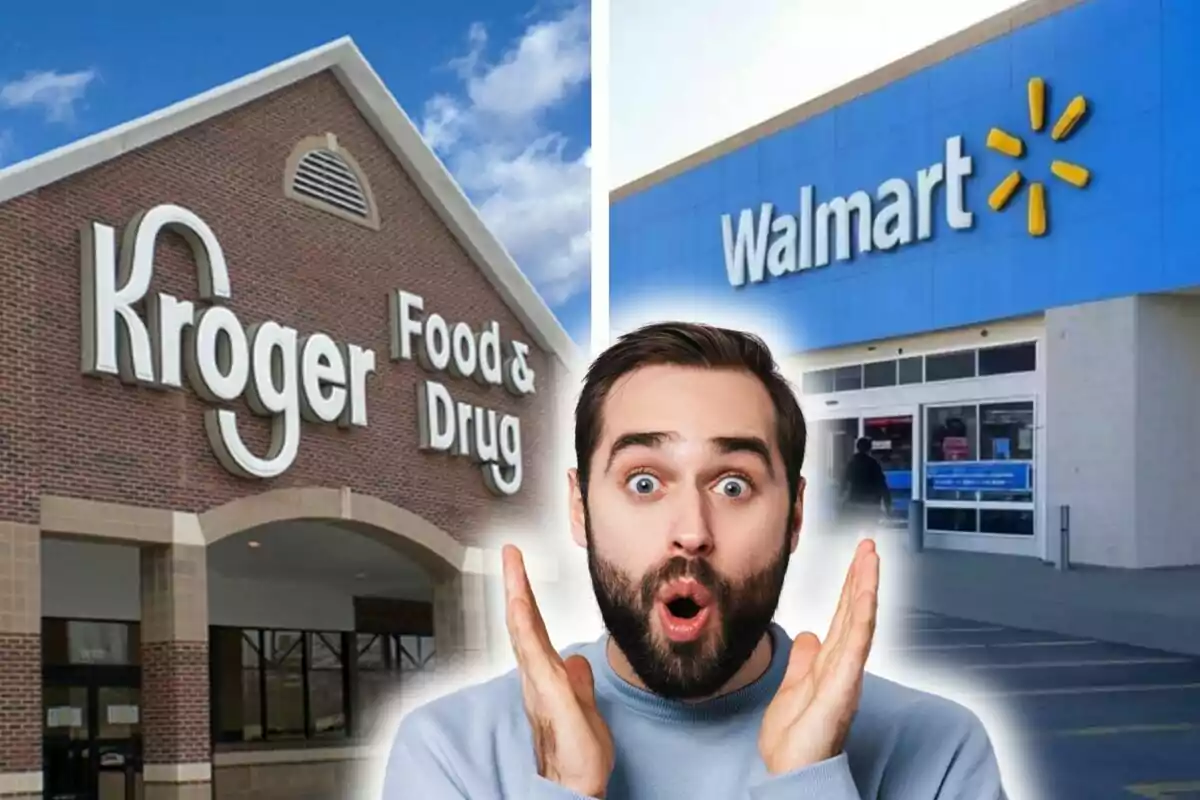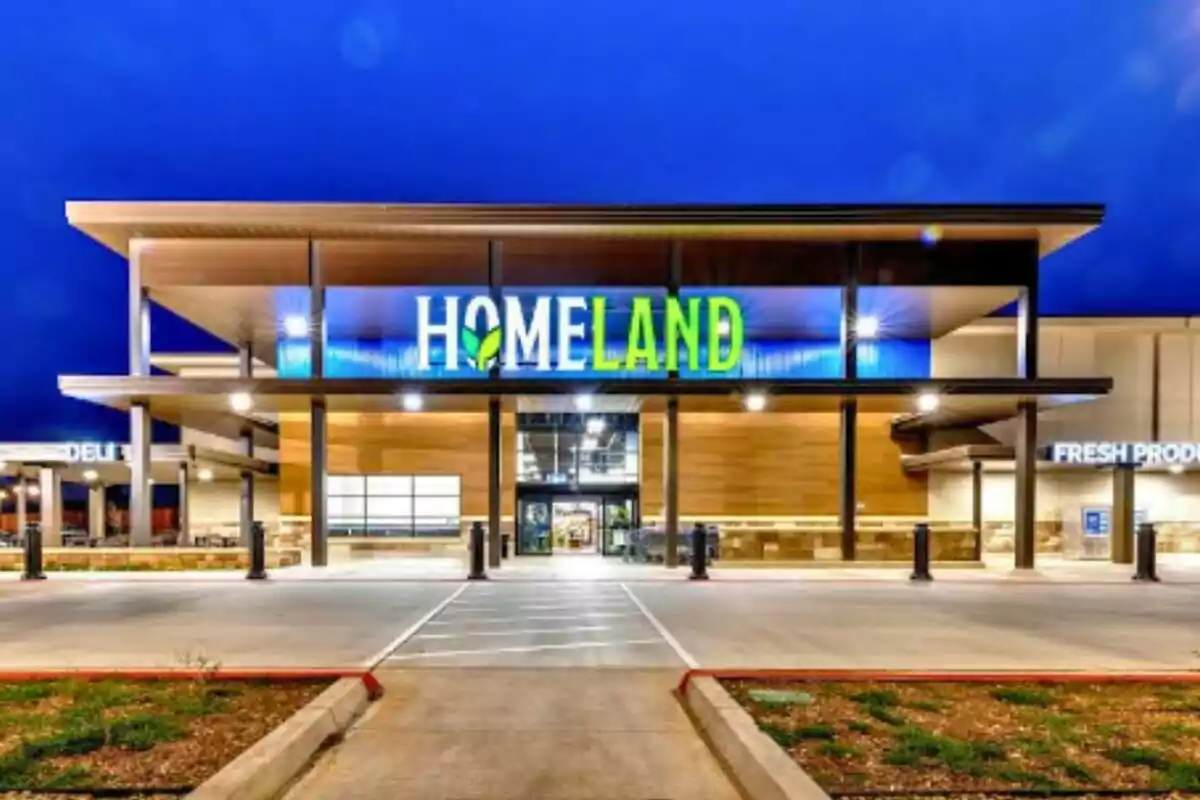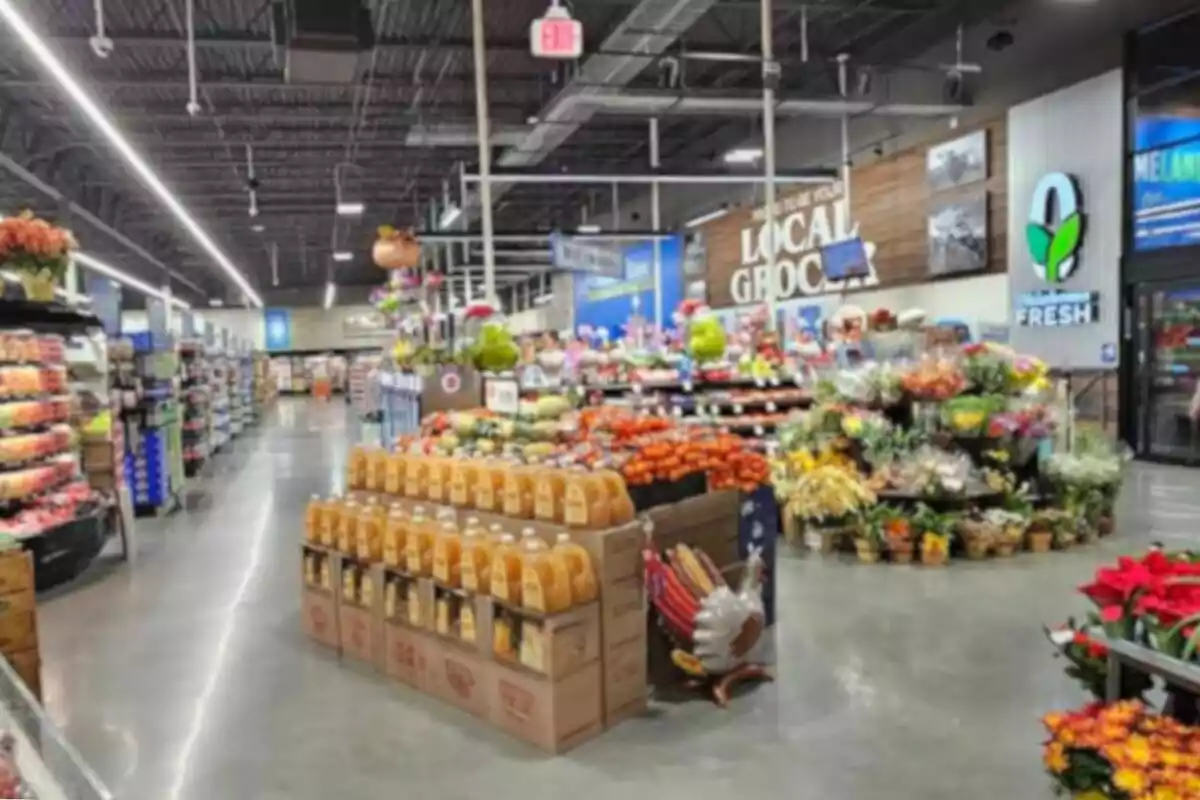
Not Walmart, not Kroger: the famous retail chain that's closing stores in the USA
A well-known American retail chain makes a drastic decision amid a complicated economic context
The economic situation in the United States isn't as simple as it might seem. Although general indicators point to low unemployment and more controlled inflation, many families are struggling. Prices remain high and making it to the end of the month has become a challenge for those living on a tight budget.
In this context of uncertainty, even major supermarket chains are making tough decisions. Homeland Acquisition Corp., parent company of Homeland Stores, announced the closure of five locations in the coming months. These closures affect four stores in Oklahoma and one in Georgia, even though the chain has about 80 supermarkets across Oklahoma, Texas, and Georgia.

Unexpected closures in times of need
It's striking that at a time when people rely on grocery shopping more than ever, supermarkets are reducing their presence. Homeland has explained that their intention is to focus on the most profitable locations to protect the company's financial health. "It's very unfortunate to have to make these decisions, but we're seeking what's best for the company and our employees," said Christin King, marketing director of Homeland Acquisition Corp., in The Oklahoman.
The closure plan includes a Homeland in Pauls Valley, another in Jay, a United Supermarket in Kingfisher, a Discount Foods in Ponca City, and a Piggly Wiggly in Gordon. The closures are scheduled for mid-August. With these exits, the company hopes to optimize resources and keep strong in a market where competition and costs have increased.
Families, however, won't benefit from this restructuring. Fewer stores mean fewer options to compare prices and access deals. With food expenses soaring in recent years, this reduction in alternatives may affect those who are already stretching every dollar.

A complicated outlook for consumers
Consumers have been adapting their habits due to the cost of living, cutting back more and more on leisure or dining out, and choosing to stock up their pantries. The margins restaurants keep make it impossible for many to keep eating out regularly. Shopping at the supermarket and cooking has become the most affordable option.
Although inflation has eased, housing, electricity, and other services are still expensive. Many households live paycheck to paycheck, with very little wiggle room to handle unexpected expenses. In addition, there is concern that tariffs that may be applied could make importing products even more expensive, raising prices for the end consumer.
If that happens, not only could prices increase in stores, but employment could also suffer as consumption drops. In such an uncertain scenario, supermarket closures don't help. Competition is reduced, prices may rise further, and those with the least will see their ability to make an economical purchase even more limited.
More posts: